RSV Virus on the Rise: What You Need to Know to Protect Your Health
The changing of seasons is the ideal time for respiratory syncytial virus (RSV) to thrive. This virus causes lower respiratory tract infections and pneumonia in children with the ability to spread strongly.
At Phu Tho Provincial Obstetrics and Pediatrics Hospital, over the past month, the number of children hospitalized for pneumonia caused by RSV virus has tended to increase rapidly. In the second half of September alone, the rate of children hospitalized for this disease increased 5 times compared to the same period in 2023.
 |
| The changing of seasons is the ideal time for respiratory syncytial virus (RSV) to thrive. This virus causes lower respiratory tract infections and pneumonia in children with the ability to spread strongly. |
A typical case, a 15-month-old child was admitted to Phu Tho Province Obstetrics and Pediatrics Hospital with a diagnosis of pneumonia caused by RSV virus. The family said that the child started the disease with symptoms of upper respiratory tract infection such as cough, sneezing, runny nose, 2 days later, the child had symptoms of wheezing, increased cough and rapid breathing, the family took the child to the hospital for examination. After 5 days of treatment, the child's condition was more stable.
At the National Children's Hospital, the number of cases of respiratory and infectious diseases in general and RSV virus in particular has shown signs of increasing rapidly in recent days.
Dr. Dang Thi Thuy, Head of the Pediatrics Department (Central Hospital for Tropical Diseases) informed that at this time, the hospital's Pediatrics Department has received many children for examination and hospitalization due to infection with different pathogens. Children infected with RSV virus have been hospitalized a lot in recent days, especially those under 2 years old.
According to statistics from Children's Hospital 1, Children's Hospital 2 and Children's Hospital City, the number of children hospitalized due to respiratory diseases during the period from September to December every year tends to increase.
The main causes are common viruses such as Rhinovirus, Respiratory Syncytial Virus (RSV), Adeno, seasonal flu... Respiratory diseases often appear when the weather changes, creating favorable conditions for viruses and bacteria to develop.
According to statistics, in 2024, Children's Hospital 1 received the same number of patients with respiratory diseases as in the same period in 2023 and previous years.
Specifically, as of October 6, 2024, the number of patients with bronchiolitis recorded at Children's Hospital 1 was 4,693 cases (equivalent to 129% compared to the same period in 2023), the number of patients with pneumonia was 8,176 cases (equivalent to 90.8% compared to the same period in 2023).
Compared to the 5-year period from 2019 to 2024, the number of respiratory patients in 2024 will not fluctuate significantly, the number of patients with bronchiolitis will fluctuate around 5,000 cases/year and pneumonia will fluctuate around 10,000 cases/year. The situation is similar at other hospitals with pediatric departments in Ho Chi Minh City.
The respiratory disease surveillance system of the City Center for Disease Control also recorded that on average, the whole city has about 17,000 cases of acute respiratory disease each week; the progression fluctuates seasonally.
The weeks with the lowest number of respiratory infections were in the period of February - March and the weeks with the highest number of cases were in the period of October - December with more than 20,000 cases/week. The number of cases in children accounted for about 60% of the total cases in the city and had a similar progression.
During the changing seasons and especially when entering the school year, respiratory diseases in children tend to increase due to fluctuating weather factors and the spread in the classroom environment.
To prevent and limit the increase of respiratory diseases during this period, the health sector recommends that people and educational institutions take the following measures:
Ensure clean and airy classrooms: Educational facilities, schools, nurseries, and kindergartens need to regularly clean and keep classrooms airy.
Strengthening monitoring of children's health: Educational institutions need to closely monitor students' health, early detect cases with symptoms of fever, cough, runny nose to promptly notify medical facilities.
Supplement with a reasonable diet: A complete diet helps children increase their resistance to prevent disease.
Practice good personal hygiene: Children should wash their hands regularly with soap and clean water. This helps reduce the risk of contracting respiratory infections.
Full vaccination: Parents need to take their children to medical facilities for full and timely vaccination according to the instructions of the health sector. Vaccination will help strengthen the child's immune system.
The Health Department also recommends that parents should not be too worried, but instead follow disease prevention measures to protect the health of children and their families. The respiratory disease situation in the City is still well controlled and has not shown any unusual signs compared to previous years.
To address the overload situation, the City Health Department has strengthened patient admission and treatment, infection control and cross-infection prevention in medical examination and treatment facilities.
More specifically, regarding measures to care for children and prevent RSV virus, Associate Professor, Dr. Le Thi Hong Hanh, Director of the Respiratory Center (National Children's Hospital) said that when children are infected with RSV virus, the initial symptoms are usually dry cough, sneezing, runny nose and can range from mild to high fever. These symptoms are easily confused with flu or other viruses.
In the full-blown stage, children show signs of wheezing, coughing a lot, and rapid breathing. For newborns, there may be severe signs such as high fever that is difficult to reduce, cyanosis, chest retraction, the child is irritable and cries or has episodes of apnea. For children with underlying medical conditions such as congenital heart disease, premature babies, malnourished children, etc., the disease tends to progress more severely.
The disease usually lasts for a few days. If the child is in good health and is properly cared for, the disease will not be too serious and will heal on its own after 3-5 days. However, parents need to decide whether to treat the child at home or in the hospital based on the condition of each child.
According to Associate Professor, Dr. Le Thi Hong Hanh, the RSV virus can survive on the surface of hard objects for more than 6 hours, and on clothes and hands for up to 1 hour. A person infected with the virus may not show symptoms until 2-8 days later.
Currently, there is no vaccine to prevent respiratory syncytial virus. However, parents can proactively prevent or reduce the risk of RSV infection or transmission to their children, avoiding outbreaks, by exclusively breastfeeding their children for the first 6 months of life until 2 years of age.
Wash your hands regularly, especially after coming into contact with someone showing flu-like symptoms. Feed your child nutritious solid foods; keep the environment clean and airy; clean your child's nose, throat, and body; wash your child's hands regularly; Wear a mask when going out;
Avoid kissing, smelling, or shaking hands with children; give children their own cups and eating utensils; Do not expose children to cigarette smoke; Wash toys and clean surfaces that children often touch.
In subjects at high risk of severe disease progression when infected with RSV, monoclonal antibody prophylaxis can be given once a month during the epidemic season to help strengthen immunity against RSV virus better. At the same time, it is necessary to fully vaccinate with vaccines recommended by age, especially for young children.
In addition, doctors also recommend that parents should not arbitrarily use antibiotics to treat their children without determining exactly whether the child has RSV virus or not and the severity of the disease. Using antibiotics without prescription is not only ineffective but also slows down the treatment process, causing many consequences for the child later.



![[Photo] Prime Minister Pham Minh Chinh commends forces supporting Myanmar in overcoming earthquake consequences](https://vstatic.vietnam.vn/vietnam/resource/IMAGE/2025/4/10/e844656d18bd433f913182fbc2f35ec2)

![[Photo] Opening of the 11th Conference of the 13th Party Central Committee](https://vstatic.vietnam.vn/vietnam/resource/IMAGE/2025/4/10/f9e717b67de343d7b687cb419c0829a2)
![[Photo] April Festival in Can Tho City](https://vstatic.vietnam.vn/vietnam/resource/IMAGE/2025/4/10/bf5ae82870e648fabfbcc93a25b481ea)

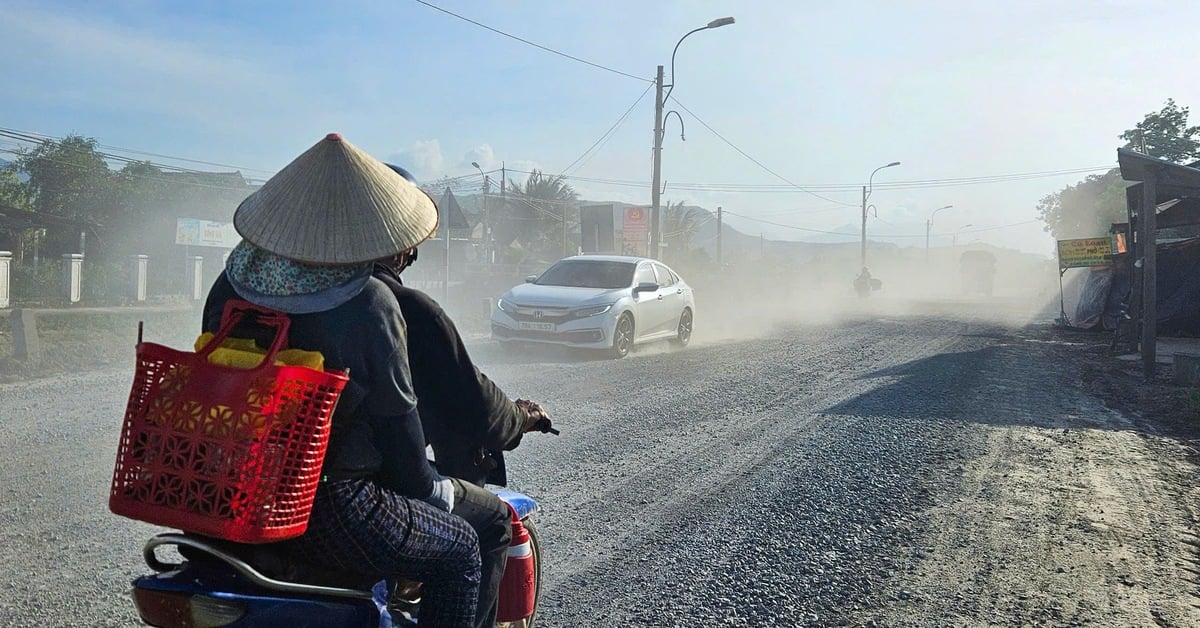



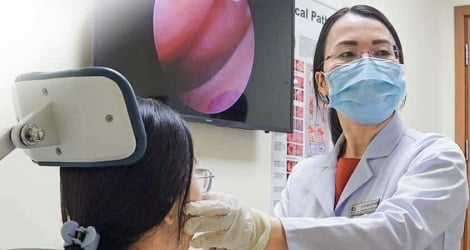



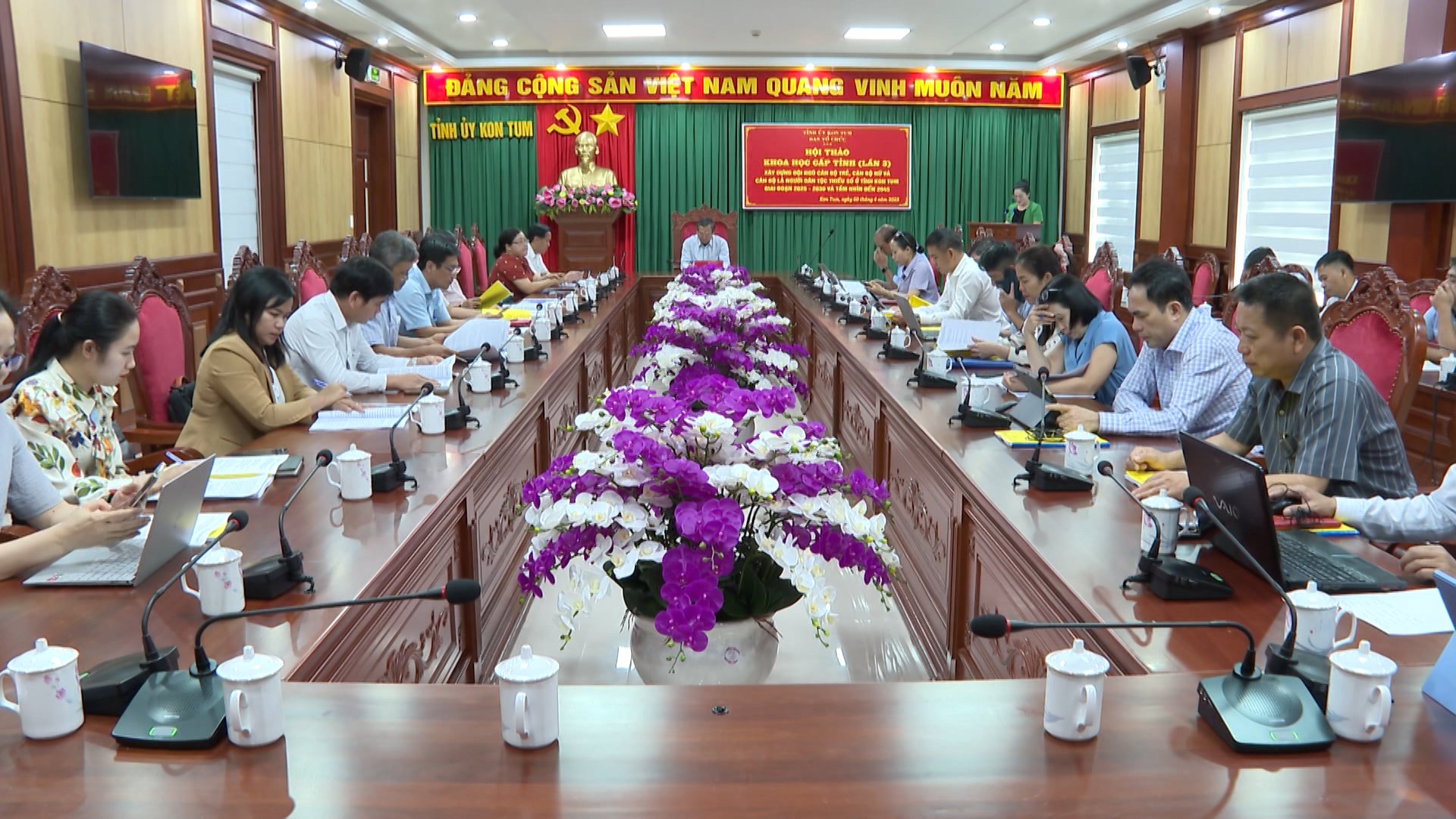





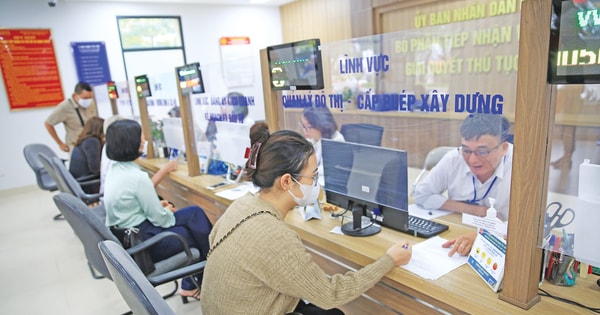





![[Photo] Reliving the heroic memories of the nation in the program "Hanoi - Will and belief in victory"](https://vstatic.vietnam.vn/vietnam/resource/IMAGE/2025/4/10/19ce7bfadf0a4a9d8e892f36f288e221)
















































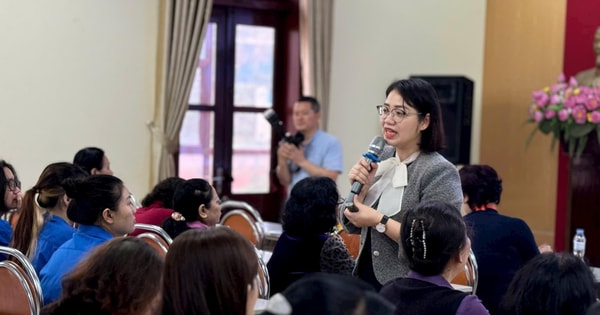












Comment (0)